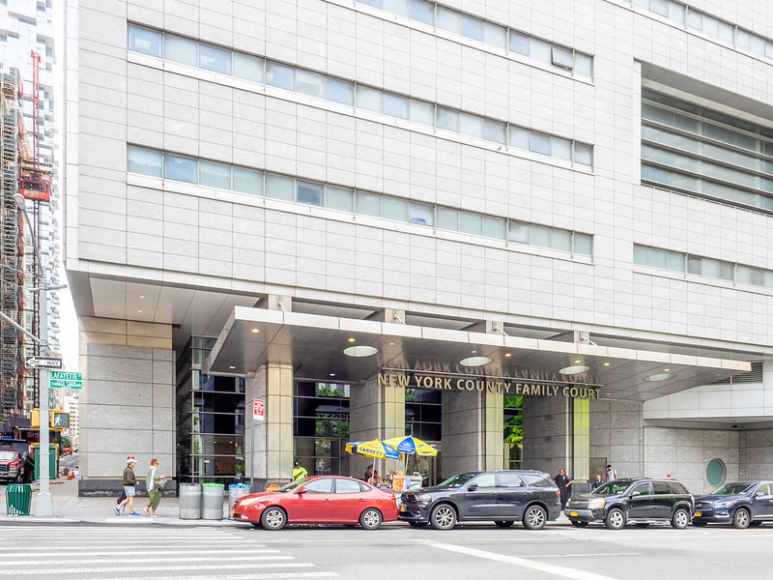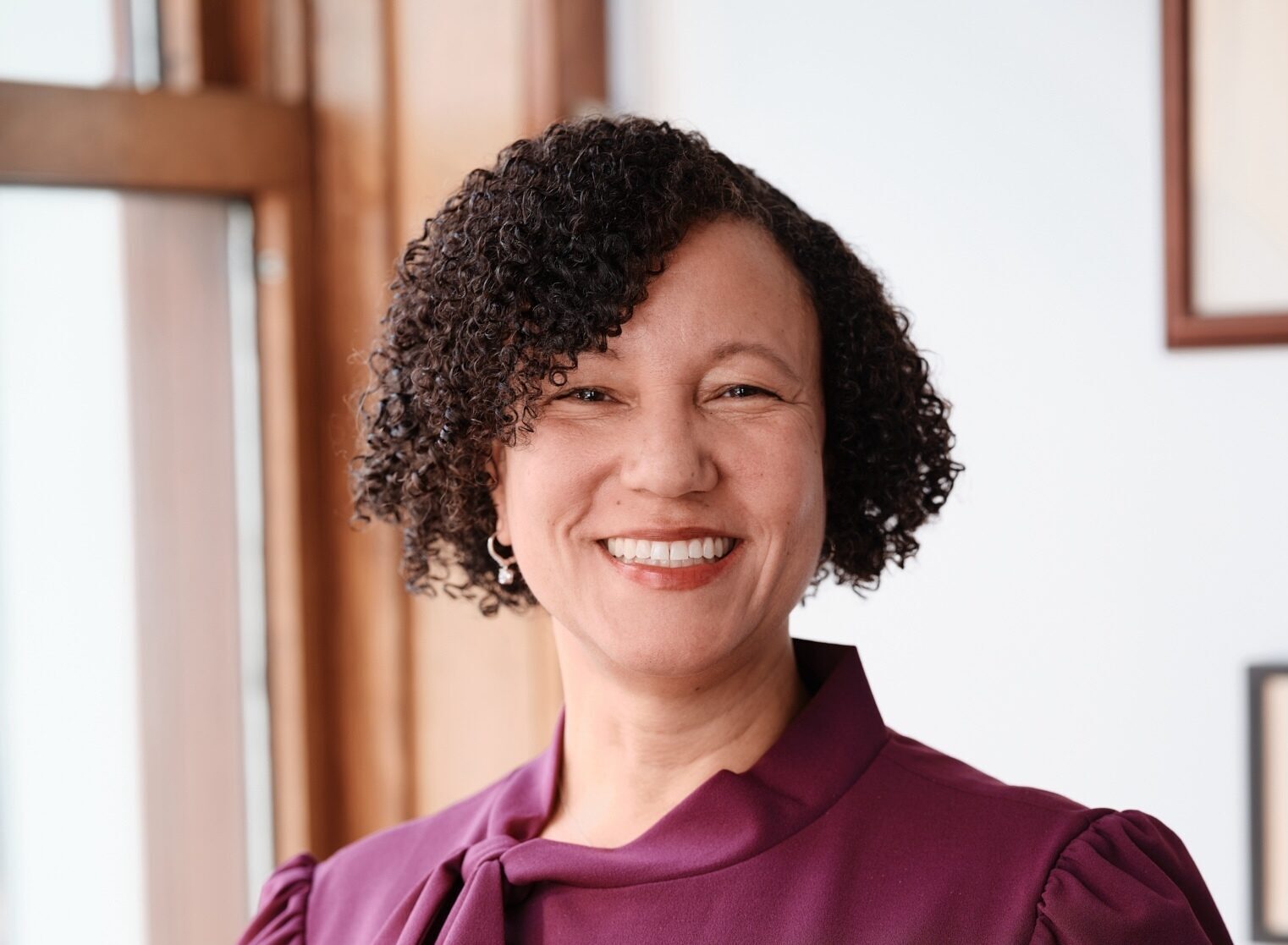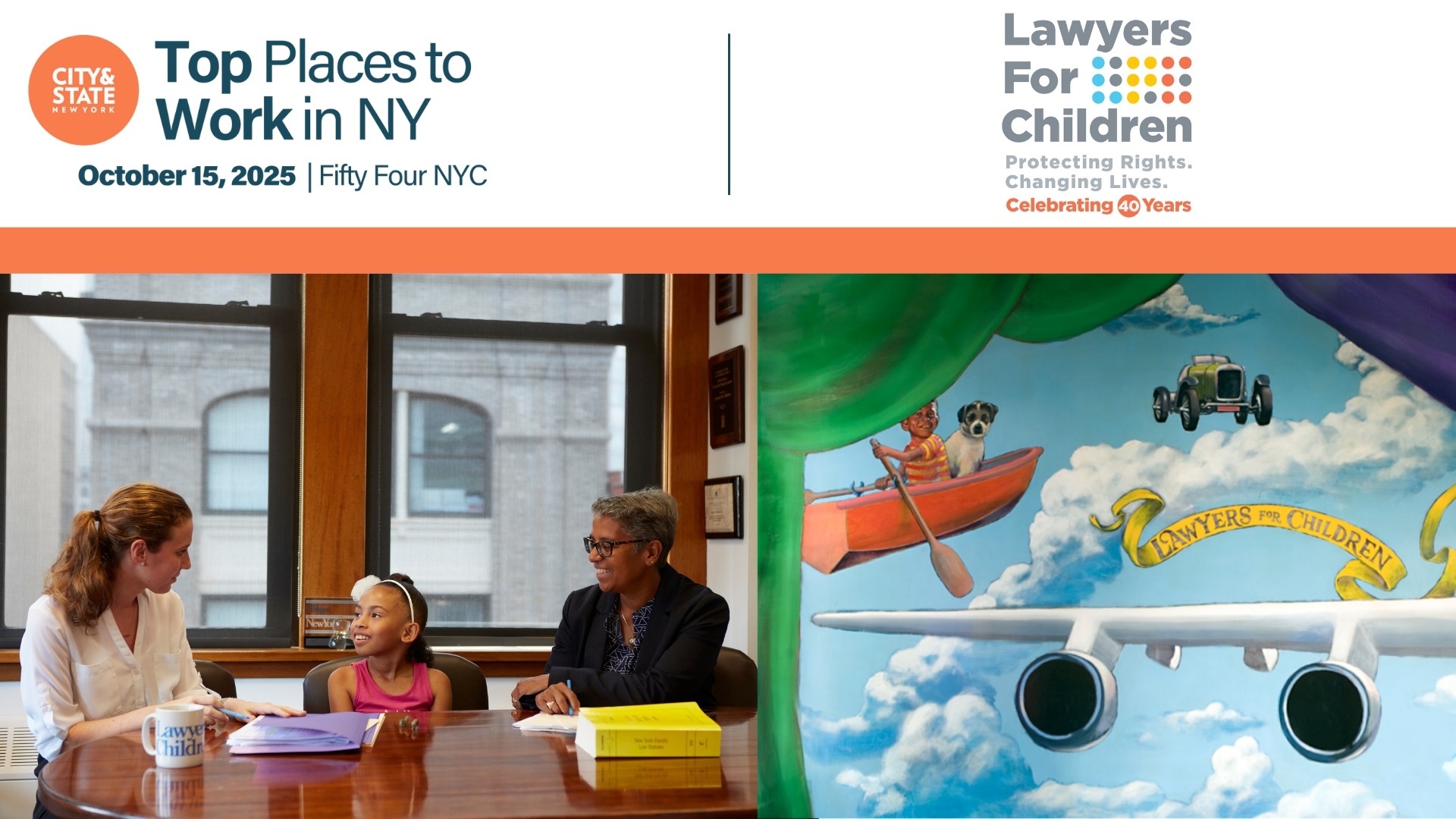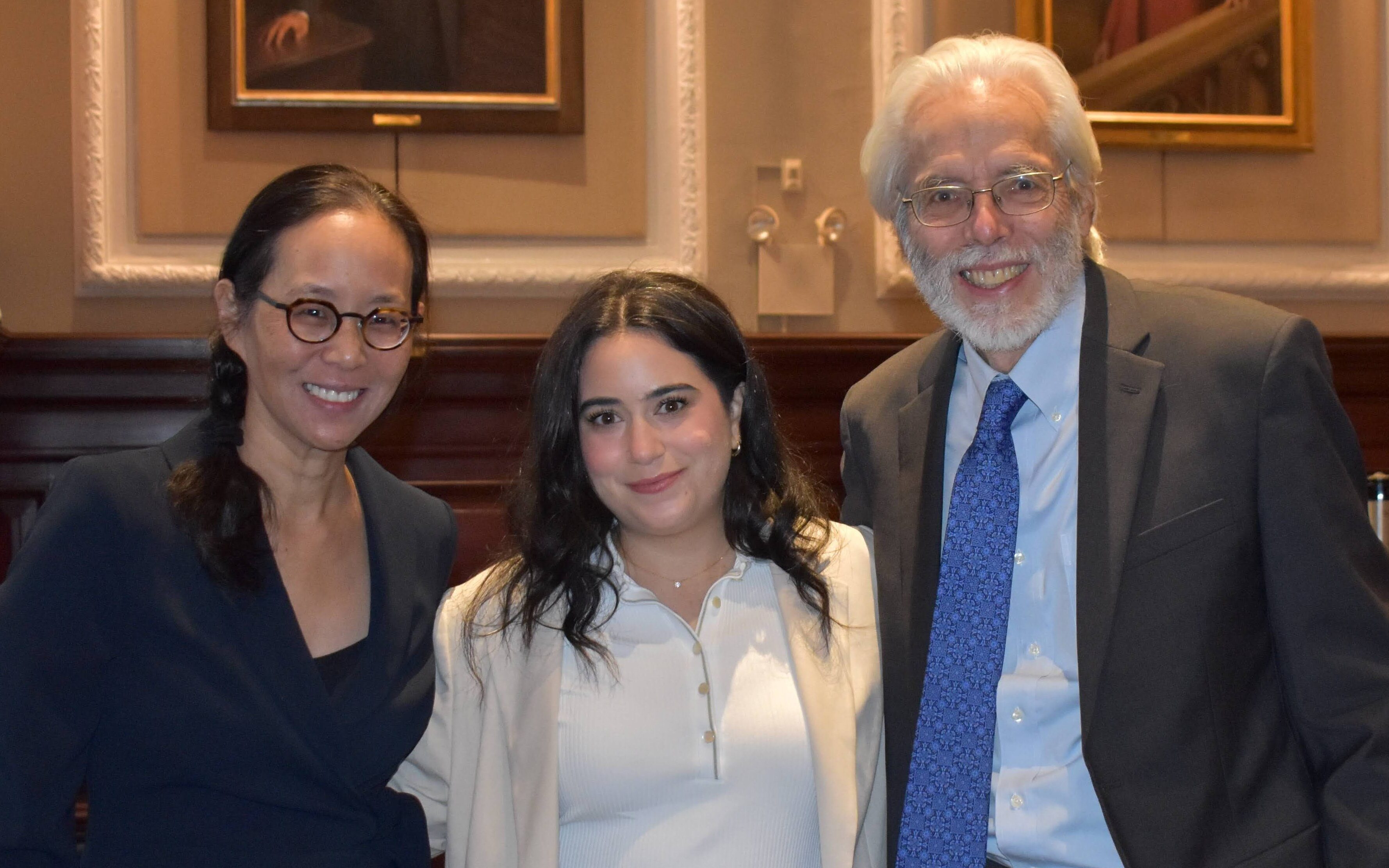NYC family court blasted for ‘dehumanizing’ culture, ‘unconscionable’ delays


January 5, 2023
By Carla Bamberger
New York City’s family court system was blasted for its “dehumanizing culture” and “unconscionable delays” in a scathing report by an independent commission of the New York State Courts, the Daily News has learned.
More than 40 pages of recommendations quietly released in December found court personnel had treated families “disrespectfully, discourteously, and, in extreme cases, discriminatorily.” The court buildings themselves were in a state of total disrepair, according to the Franklin H. Williams Judicial Commission, which tackles racism within the court system.
Dozens of committee members, mostly former judges and attorneys, also reported that high caseloads, low attorney pay and judicial vacancies have resulted in many workers leaving and chronic delays in resolving cases.
The results for many families have been profound, the report and advocates say.
Children end up staying longer in foster care, custody cases linger, juvenile delinquency cases take longer to resolve and domestic violence victims suffer longer periods of anxiety.
“These are traumatic situations for children to handle,” said Karen Freedman, executive director of Lawyers for Children. “And the longer that they sit without knowing any finality at all, hope begins to erode. Trauma increases. It’s harder to concentrate in school; kids miss school. It has a cascade of effects on a child when cases are not resolved expeditiously.”
The family court committee was formed after a Manhattan clerk was caught on hot mic during a virtual hearing in 2021 calling a 15-year-old Black defendant a racial epithet. The report found that judges often shouted at families, and called litigants generic labels like “the mom” and “the dad” rather than use their real names.
“What other court does a person not get called by their name?” said Joyce McMillan, a parent advocate who was previously separated from her children. “They’re turning people through so quickly, they don’t have time to memorize their names. Like a conveyor-belt system, it’s very cookie-cutter, with nothing to show individuality on any case.”
The commission also found that the buildings have posed “major health and sanitation hazards” to families, their attorneys and court personnel. Conditions were particularly bad at the time of the report at the Bronx Family Court, where severe roof leaks and overflowing toilets resulted in mold, debris and even human feces in public areas, while the building’s exterior was covered in bird poop.
“I really think that the building itself, and the disrepair of the building, leads to the dehumanizing conception of the court,” said Hon. Troy Webber, who co-chairs of the commission. “If you walk into a court house and you’re there to seek redress for whatever issue, and you see the buckets or the falling ceiling or the paint peeling, you have to stop and think, are they really taking my issues seriously?”
The Department of Citywide Administrative Services has begun to repair many of the facility issues mentioned in the report, though flooding toilets during heavy rain persist, the committee and officials confirmed.
Many of the commission’s recommendations involved supporting family court personnel, from filling judicial vacancies to recruiting and retaining court-appointed attorneys with better pay — with the ultimate goal of speeding up the process for families.
“The goal is to ensure those who use those courts, they know that they’re respected,” said Hon. Mary Lynn Nicolas-Brewster, executive director of the commission. “They’re going to be treated with dignity, their claims are going to be heard in a more timely fashion.”
Family court attorneys have historically received low pay compared to others with law degrees — leading unprecedented numbers to withdraw from assigned counsel panels and delay decisions, the commission and attorneys reported.
The report also found 11 vacancies on the bench, and that handoffs of cases between temporary judges have led to an average of 16-month delays for a final decision. Four of those positions were recently created by the state, while the mayor is responsible for those appointments. Members of the commission were also told that going forward, judges who cycle out will be responsible to complete any pending hearings.
Nearly 16,000 pending cases were taking longer than the court’s own benchmarks as of last winter, with the majority of delays in Brooklyn, the report showed.
“You have this backlog of tremendous caseloads, and you have less personnel,” said Hon. Paul Grosvenor, a former judge in Brooklyn and the Bronx family courts, who most recently worked as a judicial hearing officer during retirement. “I don’t know what it is going to take to dig out. I don’t envy those people.”
The commission also encouraged more diversity on the family court bench to build trust and improve outcomes for families. Data showed that while family court largely serves families of color, most judges — 62% in New York City — are white. There were no Black judges on the bench on Staten Island family court at the time of the report.
“I believe that my colleagues were fair and unbiased for the most part,” said Grosvenor. “But I also believe — and this is for anyone who’s on the bench — your background, your experience, your life also plays a part in how you view the people and their experiences ... I am a product of my upbringing, my neighborhood, my race, and how society impacted me as a Black man.”
The commission recommended mandatory anti-bias training, and even independent court watchers to oversee proceedings.
But David Shalleck-Klein, who recently launched the Family Justice Law Center, a civil rights organization that will bring lawsuits against unlawful family separations by child welfare agencies, questioned whether the committee’s recommendations go far enough to support families.
“Blaming only insufficient funds or resources for the unconscionable delays that harm poor families of color and deny them access to any semblance of justice is a red herring,” said Shalleck-Klein. “The costs of a prompt hearing are no more than the costs of a prolonged hearing strung out over months.”
He added that a faster process is needed both to follow constitutional law and support children’s well-being — because even short-term family separations significantly harm kids, but happen regularly as removal hearings can take weeks or months.
Courts spokesperson Lucian Chalfen said they appreciate the hard work and insight that went into the report, and are studying its recommendations.
“Decisions made in New York City Family Court, more than many other courts, have both immediate and long term life altering effects to all involved and all the dedicated Judges and non-judicial staff live that on a daily basis,” said Chalfen. “So anything that can improve the environment for all involved, litigants, judges and non-judicial staff, is welcome.”





